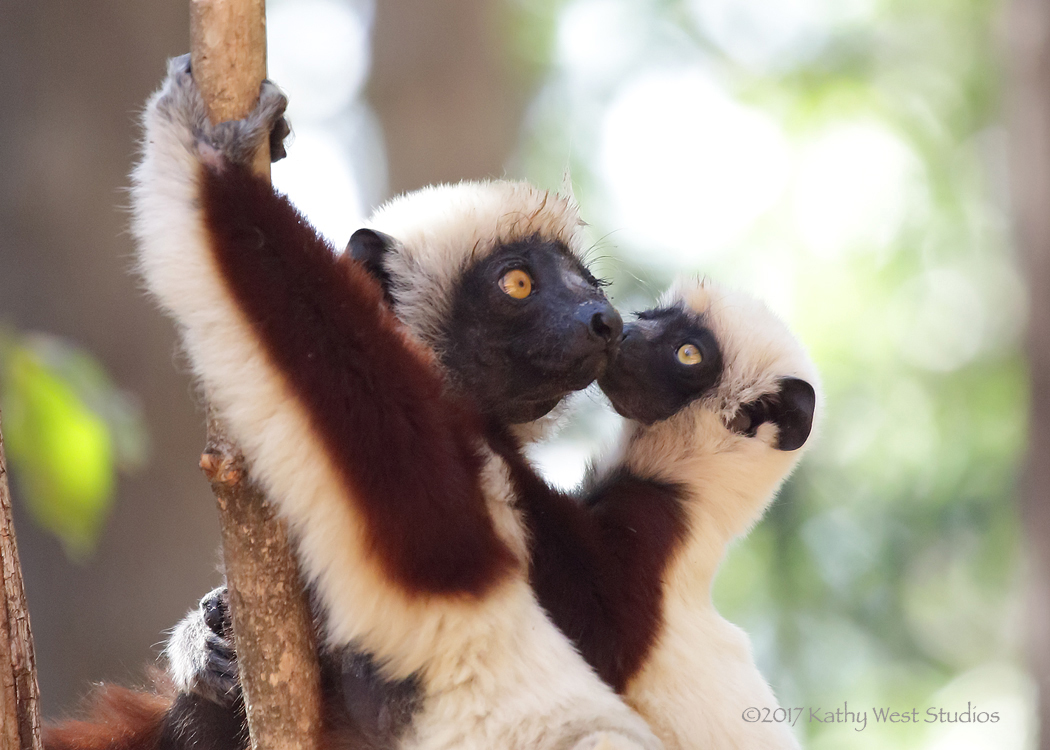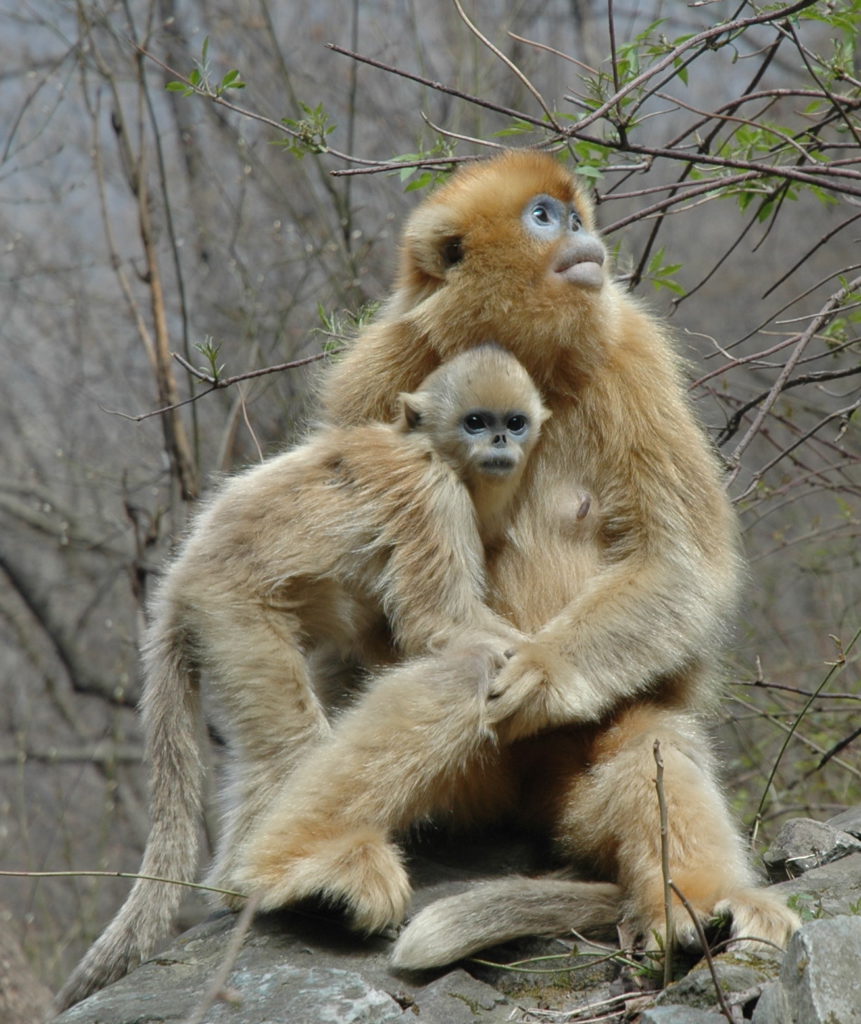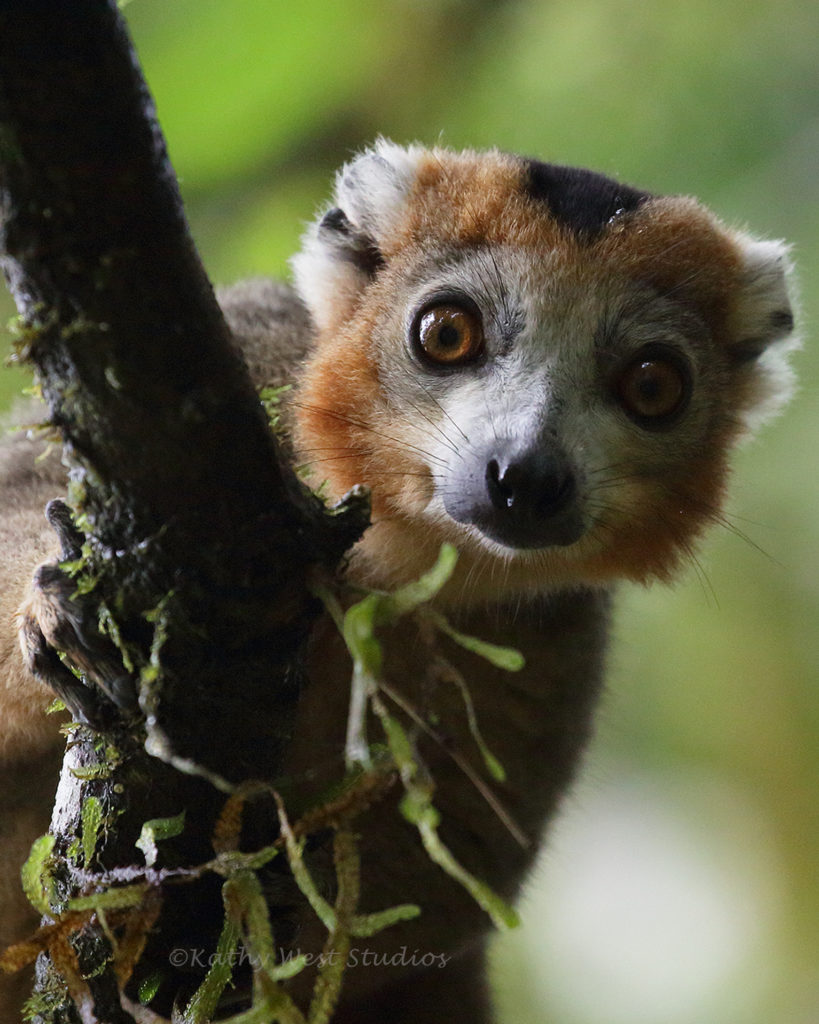
ASP and Conservation
The conservation of nonhuman primate populations and natural habitats are the critical issues facing primatologists today. More than 65% of primates face the threat of extinction and virtually all primate populations are in decline. Given that most primate species are found in tropical forests, and many are arboreal, loss of forests due to agriculture, mining, ranching, dam building, and logging underlie the major threats for many species. Emerging infectious disease transmission along with the illegal primate pet trade and over-hunting for the bushmeat trade present special problems for many species. As a professional society, the American Society of Primatologists seeks to educate ASP members and the public; provide funding for research and educational programs particularly in habitat countries; and collaborate with primatology and environmental organizations globally to promote primate conservation and biodiversity. We also identify and reward individuals deserving of special recognition for their outstanding contributions via the annual Conservationist Award.
Conservation Fund
Please donate on-line to the ASP Primate Conservation Fund or download the contribution form and send your donation by mail. Donations will go to the Committee general fund to be distributed via the Conservation Small Grant, the Conservationist Award, and any other awards.
Special Topics in Primatology
One of the many ways ASP raises funds for primate conservation is through its book series, Special Topics in Primatology. All profits from the sale of these books go into our conservation fund or the ASP Education Committee’s Minority Initiative.
- Primate Conservation: The Role of Zoological Parks edited by Janette Wallis
- The Care and Management of Captive Chimpanzees edited by Linda Brent
- Sexual Selection and Reproductive Competition in Primates: New Perspectives and Directions edited by Clara B. Jones.
- Commensalism and Conflict: The Human-Primate Interface edited by James D. Paterson and Janette Wallis.
Read more about our book series

Watch how Abigail Ross from the University of Toronto utilized her ASP Conservation Grant to study sifakas in Madagascar!
Watch Jill Pruetz from Texas State University describe how she used her Conservation Grant to study chimpanzees in Senegal
Watch how Moses Kugonza utilized his ASP Conservation Grant to study Primate Conservation and Community Development in Uganda
ASP Supports Global Conservation Efforts
The Conservation Committee is pleased to announce that ASP is currently a member of the IUCN, International Union for Conservation of Nature. The IUCN is the world’s oldest and largest global environmental network – a democratic membership union with more than 1,000 government and NGO member organizations, and almost 11,000 volunteer scientists in more than 160 countries.
ASP’s membership in the IUCN affords it a number of benefits:

- Strengthens ASP’s credibility and capacity (through association with a respected conservation alliance)
- Enables ASP to be a part of a collective and global voice on pressing issues in sustainability and conservation
- Enables ASP to develop partnerships and expand its networks through international contacts with other Members and the Union’s experts and staff.
- Access to the IUCN Members portal, which provides:
- News & information from the IUCN Council
- Member opportunities (funding, jobs, awards, etc.)


Additional photo credits: Proboscis monkey (Nasalis larvatus), Herbert Covert; Coquerel’s Sifaka mother and juvenile (Propithecus coquereli), Kathy West, Ankarafantsika NP, Madagascar. IUCN: Critically Endangered.